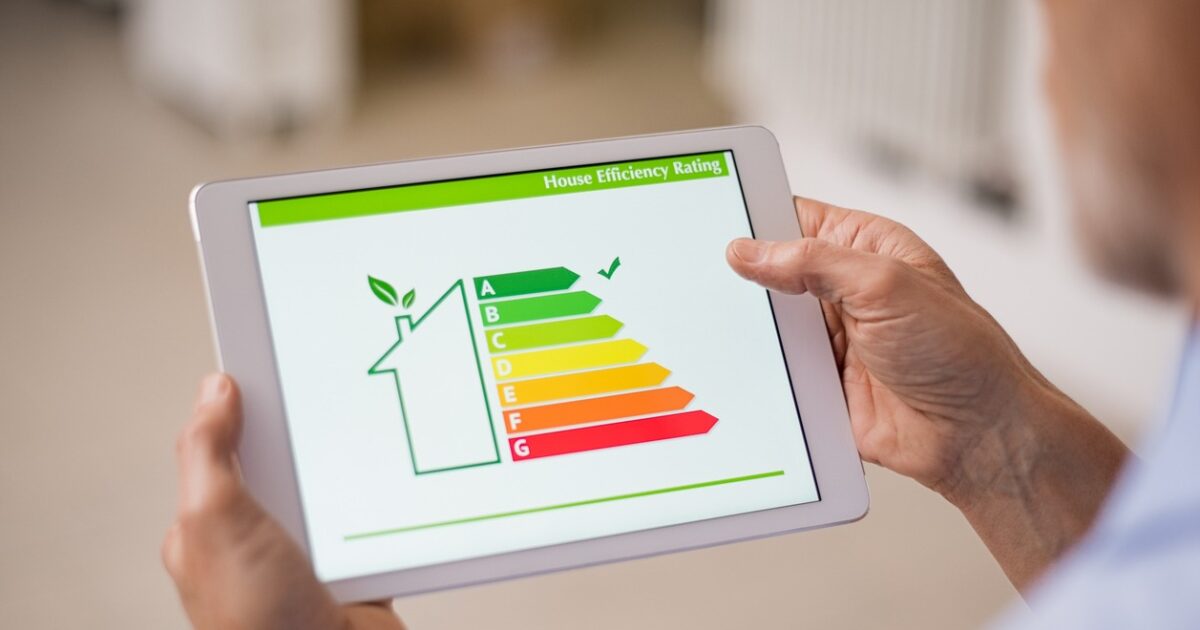Approved and published by the Ministry of Environment and Energy (RIS) the roadmap for the savings In buildings.
According to the RIS, the energy -saving road map sets priority axes to achieve the goals of the National Plan for Energy and Climate (ESEC), so as to exploit the available resources to reduce the negative impacts of climate change and energy costs.
The timeline of the road map actions is set in the year 2030, which is fully in line with the European Union guidelines and the country’s commitments to reduce pollutants by 55% compared to the 2005 emissions.
The strategic objective of the roadmap is to minimize the cost of energy transition, proposing the most mature and cheapest interventions to achieve these goals, with the greatest benefit of the national economy, and eventually reducing energy costs for Greek citizens.
The purpose of the strategies presented is to highlight efficiently optimal measures to fulfill the high renovation rate and the charity of the building stock. A critical parameter is the implementation of targeted policy measures to mobilize the required investment to fulfill the objectives of the strategy by capitalizing existing measures and programs.
In any case, the framework for the operation of the existing programs will be improved by the aim of increasing potentially beneficiaries, promoting the most cost -effective costs and outcomes of interventions, in more active participation of domestic financial institutions in financing the required interventions and promotion.
Successful funding programs for improving energy efficiency of residence buildings will continue, and will be properly modified to more effectively aim at supporting economically vulnerable and energy -efficient households. Emphasis is placed on adapting and improving the existing financial model with the aim of increasing existing levels of leverage by beneficiaries. At the same time, the aim is to investigate the possibility of improving the framework for tax exemptions in households, with the aim of supporting the required energy renovation interventions with alternative ways of financing.
Similarly, the emphasis is placed on the business sector by implementing funding programs to improve energy efficiency in combination with already established tax incentives, with the aim of promoting actions to save energy and water in businesses. In addition, the aim is to remove the barriers to business access to the required financing through favorable loans, and alternative funding mechanisms, such as energy efficiency contracts, will be promoted. The role of energy controls and the development of energy management systems in the tertiary sector buildings is expected to be essential. It should be noted that the framework of energy controls will be amended in accordance with the provisions of Article 11 of Directive (EU) 2023/1791 of the European Parliament and of the Council of September 13, 2023 on energy efficiency.
In the case of public buildings, actions will be maintained, such as the promotion of the exemplary role of the State for the energy upgrading of public and municipal buildings, as well as the constant monitoring of energy consumption of public buildings with the aim of reducing its consumed energy annual energy. In any case, a key priority for public buildings will be the promotion of technically feasible and optimal social costs and outcome of measures and programs. In addition, the funding of the energy upgrades of public buildings will be carried out on the basis of the energy efficiency of buildings of the Municipalities and Regions and the Municipal Plans of Emitting.
See the whole Road map to save energy in buildings.
